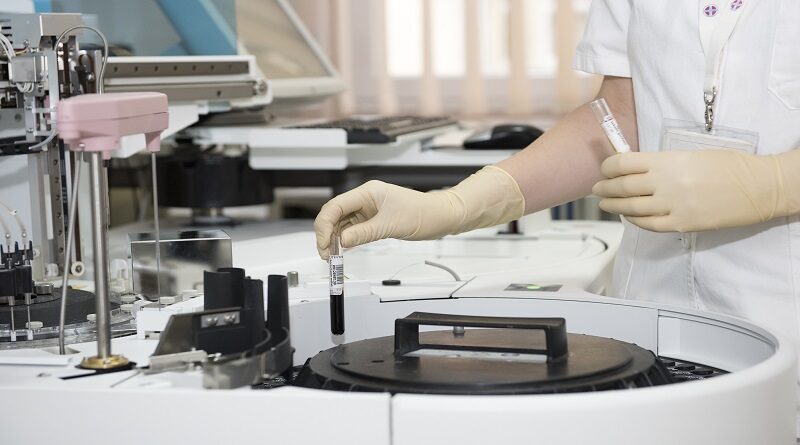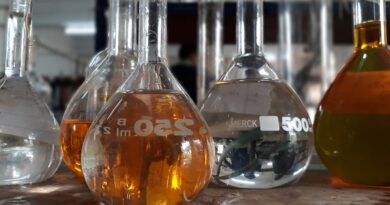Postgraduate courses Biomedical Science
One of life’s big decisions is – where to next? Once you finish one thing, you want to start another. It is a constant flow of natural progression from one thing to another. Sometimes with big decisions it can be hard to know where to begin.
One of those important decisions is our education. Is my degree enough? How to I enhance my employability chances? Do I need more? Well, quite simply, you can never be too educated.
In searching for your postgraduate course, there can be a lot to think about and consider. We’d like to think we can lend a helping hand and if you’re looking for information in the field of biomedical science you can start here.
What is Biomedical Science?
Biomedical science is the study of subjects related to human health and disease. It applies portions of natural science and formal science to knowledge, interventions or technology that is used in healthcare and public health.
What do biomedical scientists do?
Biomedical scientists may have differing tasks on a daily basis. Biomedical scientists are responsible for investigating and diagnosing patients with illnesses such as cancer, HIV, diabetes, food allergies and others. Examples of work are:
- Identifying blood groups
- Analyzing blood, tissue, urine, faeces for chemical constituents
- Interpret results
- Liaise with medical staff
- Writing and maintaining records
Courses
A course in biomedical science will prepare students for a fast paced working environment. Some courses offer students to specialize in particular areas, for example, Cancer Biology or Infection and Immunity.
Key features of such courses allow students to gain skills such as research techniques and project development. As well as that, students will also actively research new techniques and diagnostics in biomedical science. A personal project is carried out in nearly all courses which lets students focus on a particular area of interest and research it in great detail. Those who take a course in biomedical sciences will critically evaluate biomedical themes and carry out practical laboratory based activities.
A postgraduate course in biomedical science will also increase chances of employability in senior positions within the field and enhance career prospects.
Entry requirements
Entry requirements can change from course to course. In most cases, a 2.2 honours degree is required in biomedical science or a related field with content in genetics. Some courses may require a 2.1 degree.
Job options
Some job options with this postgraduate degree are:
- Biomedical scientist
- Medical researcher
- Lecturer
Potential employers
Examples of where you may be hired are:
- Health organisations
- Private hospitals
- Clinical pathology laboratories
- Pharmaceuticals
- Universities
Salary Expectation
Salaries in this area can often depend on who you are working with. Salaries within the NHS can vary from £24,000 to £30,000. With experience, your salary can often rise. A senior biomedical scientist can earn up to £50,000.
Skills and Requirements
- Strong communication skills
- Attention to detail
- Good research skills
- Problem solver
- Ability to work with others




